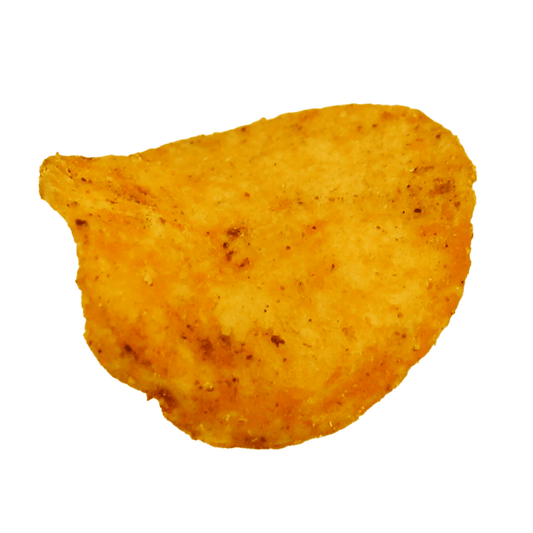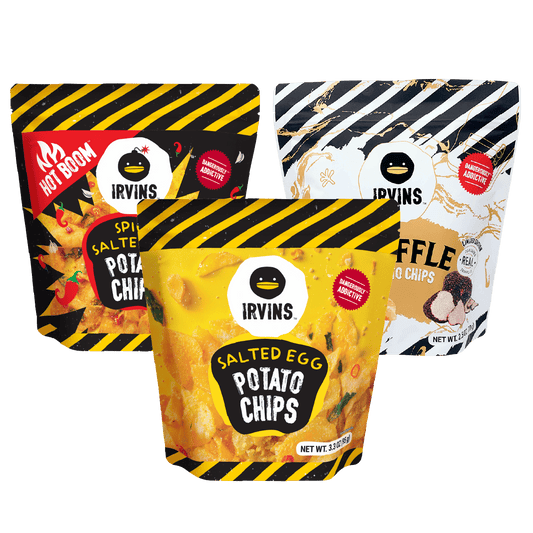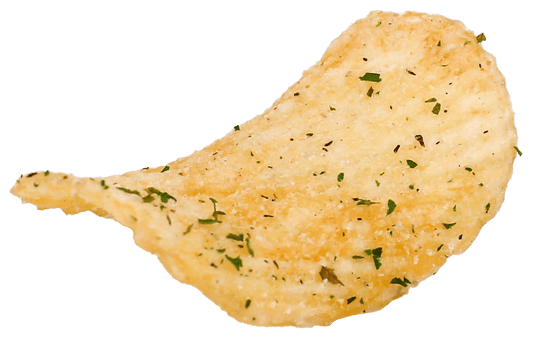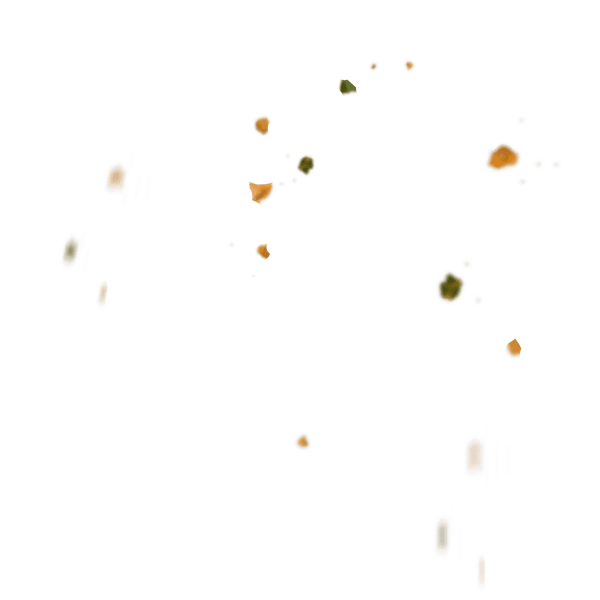MSG, also known as monosodium glutamate, is a flavor enhancer often found in Asian cuisine across the gamut of recipes, snacks, and food made in restaurants. MSG has also been used in cooking for over 100 years and has been a seasoning or flavoring staple for many cuisines, prepared foods, and snacks.
Although MSG has been used in food for years, there are many rumors and speculations that raise a red flag with the health benefits of consuming monosodium glutamate. In addition, there has been a long running stigma of MSG having roots in racism with Asian culture due to its primary use in Asian cooking, with MSG tagged as the cause of "Chinese Restaurant Syndrome".
Where did MSG come from?
MSG originated in Japan over 100 years ago. However, it is well known for being linked to Chinese cuisine as an essential ingredient for flavor. MSG was discovered by professor Kikunae Ikeda, in hopes of creating a flavor similar to dashi broth that was made by his wife. Today, MSG, is a staple in restaurants and pantries worldwide.
What is MSG, exactly?
Glutamate is an amino acid that is naturally produced in the body and also occurs naturally in many foods. Monosodium glutamate (MSG) is the sodium salt of glutamic acid; it’s made from fermented starch or sugar and is used to naturally enhance the flavor of food with “umami” flavor - a well-rounded savory-ness. Tomatoes, Seaweed, and Mushrooms are examples of foods that are high in glutamate.
Both natural glutamate and monosodium glutamate are metabolized in the body using the same processes.
MSG’s Complex Relationship with Racism
In 1986, an article published by Robert Ho Man Kwok, M.D., in the New England Journal of Medicine, stated that MSG created various symptoms after consumption, such as nausea and headaches. Since the article was published, the stereotype and association of MSG with unhealthy side effects has become strong.
Unfortunately, this took a toll with Asian cuisines and built a relationship of racism by associating Asian cuisine with the “rumored” unhealthy side effects. However, there is no proof that MSG is linked with symptoms such as headaches, stomach aches, or nausea. The author himself was debunked as a pseudonym from an orthopedic doctor named Richard Steel who claimed the name “Robert Ho Man Kwok” was an obvious prank. We can see that the supposed factual evidence that MSG is linked with such symptoms is questionable.
It’s a fascinating history laced with racism and misinformation; the myth of MSG has been misleading but the facts are finally coming to light. In fact, just this week, the Whole 30 Diet formally approved MSG as an ingredient! Read more about it here. We'd love to hear your thoughts about MSG, and we're looking forward to de-stigmatizing this natural ingredient.


























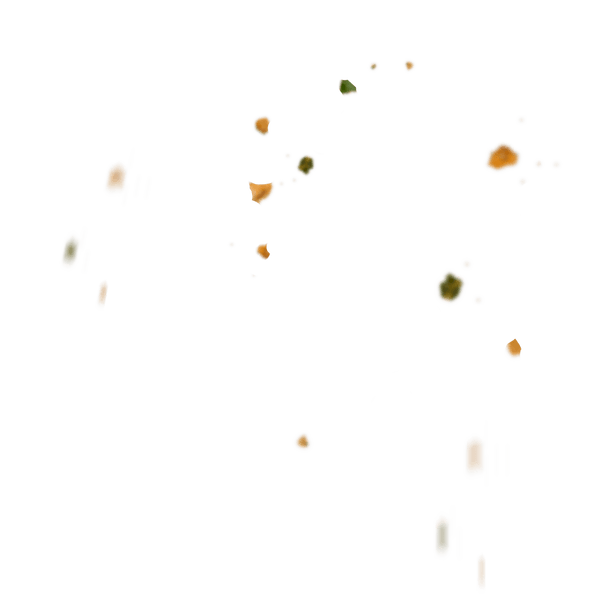

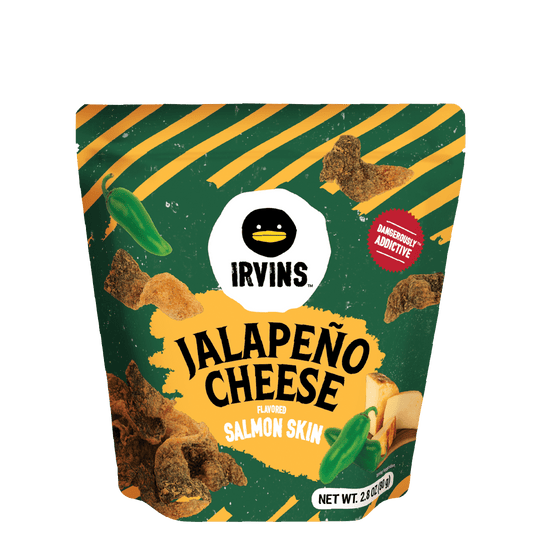
![[Last Chance!] IRVINS x Fly By Jing Chili Crisp Potato Chips](http://eatirvins.com/cdn/shop/files/1300x1300px__IRVINSXFBJ_ChiliCrispPotatoChips80g_533x.png?v=1759460736)
